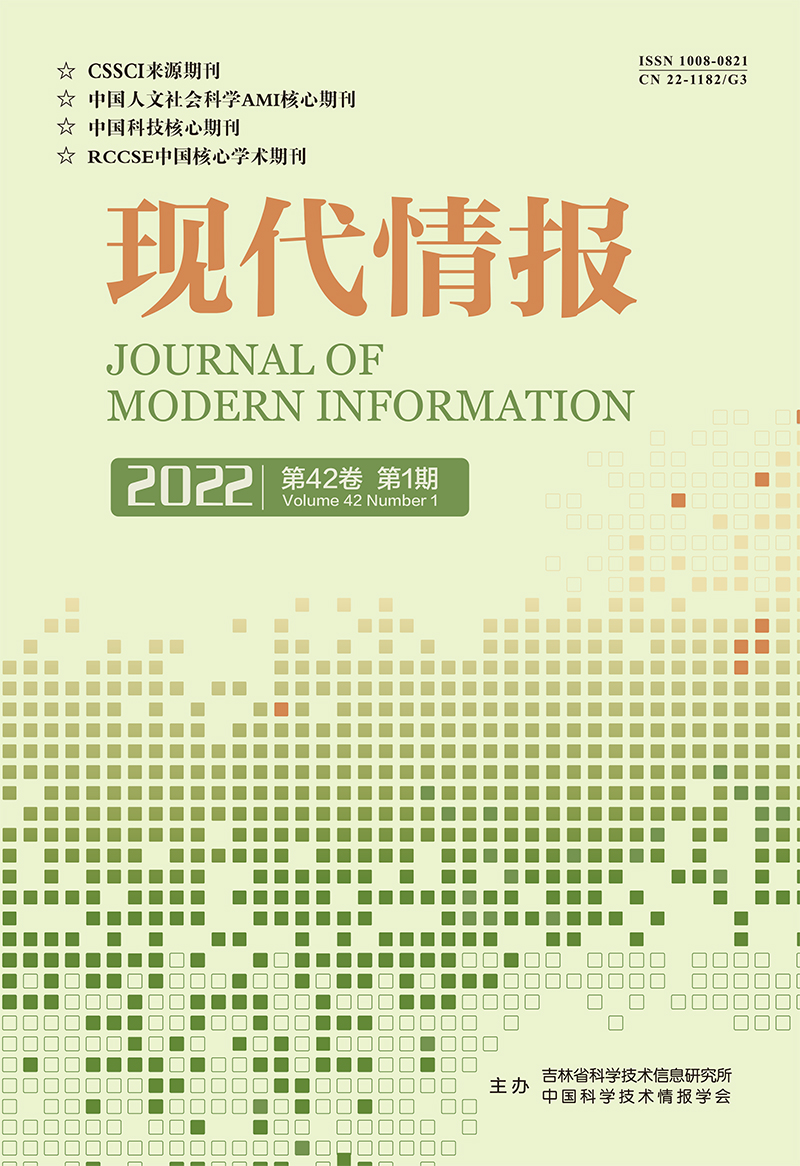Zhu Guang, Li Fengjing, Shen Yumeng, Bian Shuying
[Purpose/Significance]This paper investigates the reading willingness of privacy policy in social media context,providing suggestions for the improvement of privacy policy definition and the use of personal information.[Method/Process]Based on the Technology Acceptance Model(TAM) and Self-efficacy Theory,this paper proposed an integrate model from the perspective of personal perception and content characteristic of privacy policy,to investigate the effect of subjective norms,information quality,information overload,self-efficacy,perceived ease of use,perceived usefulness,and experience on the reading willingness of privacy policy in social media context.To conduct an empirical analysis,312 valid responses were obtained and the Structural Equation Model(SEM) was used for the statistical analysis.[Result/Conclusion]The research results showed that self-efficacy,subjective norms,and information quality positively affected privacy policy reading willingness,but information overload had no significant effect on reading willingness;perceived ease of use positively affects reading willingness,and played a mediating role in the relationship between information overload and reading willingness,and the relationship between self-efficacy and reading willingness;perceived usefulness positively affected reading willingness,and played a mediating role in the relationship between subjective norms and reading willingness,the relationship between information quality and reading willingness,and the relationship between perceived ease of use and reading willingness;experience played a negative regulatory role in the positive relationship between information quality and perceived usefulness,and it played a negative regulatory role in the relationship between information quality and reading willingness with perceived usefulness as a mediating variable.
